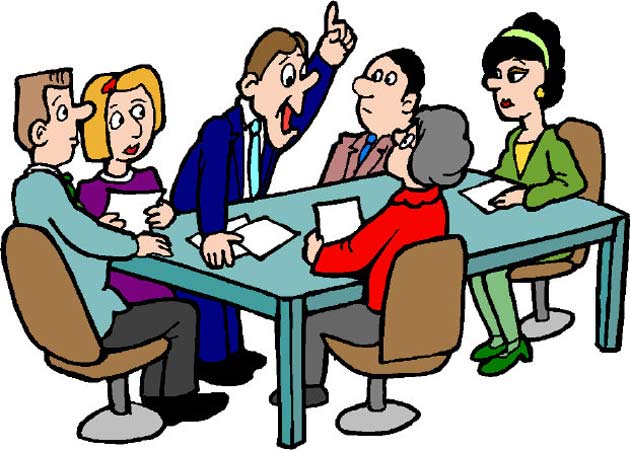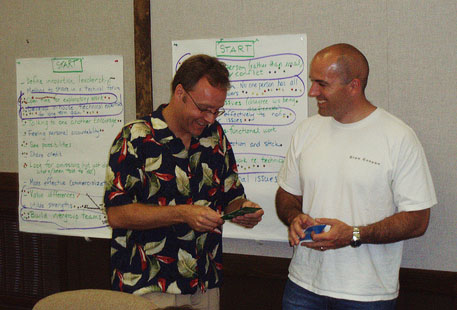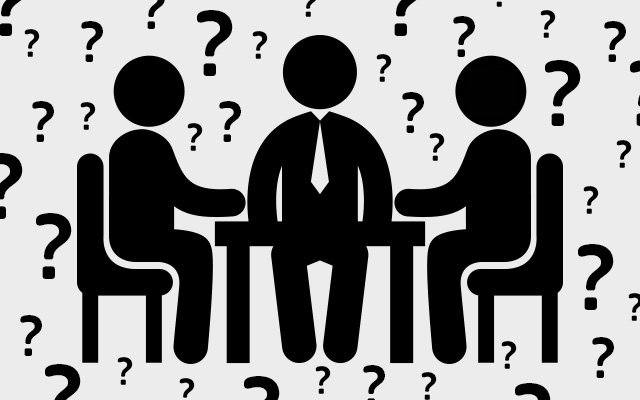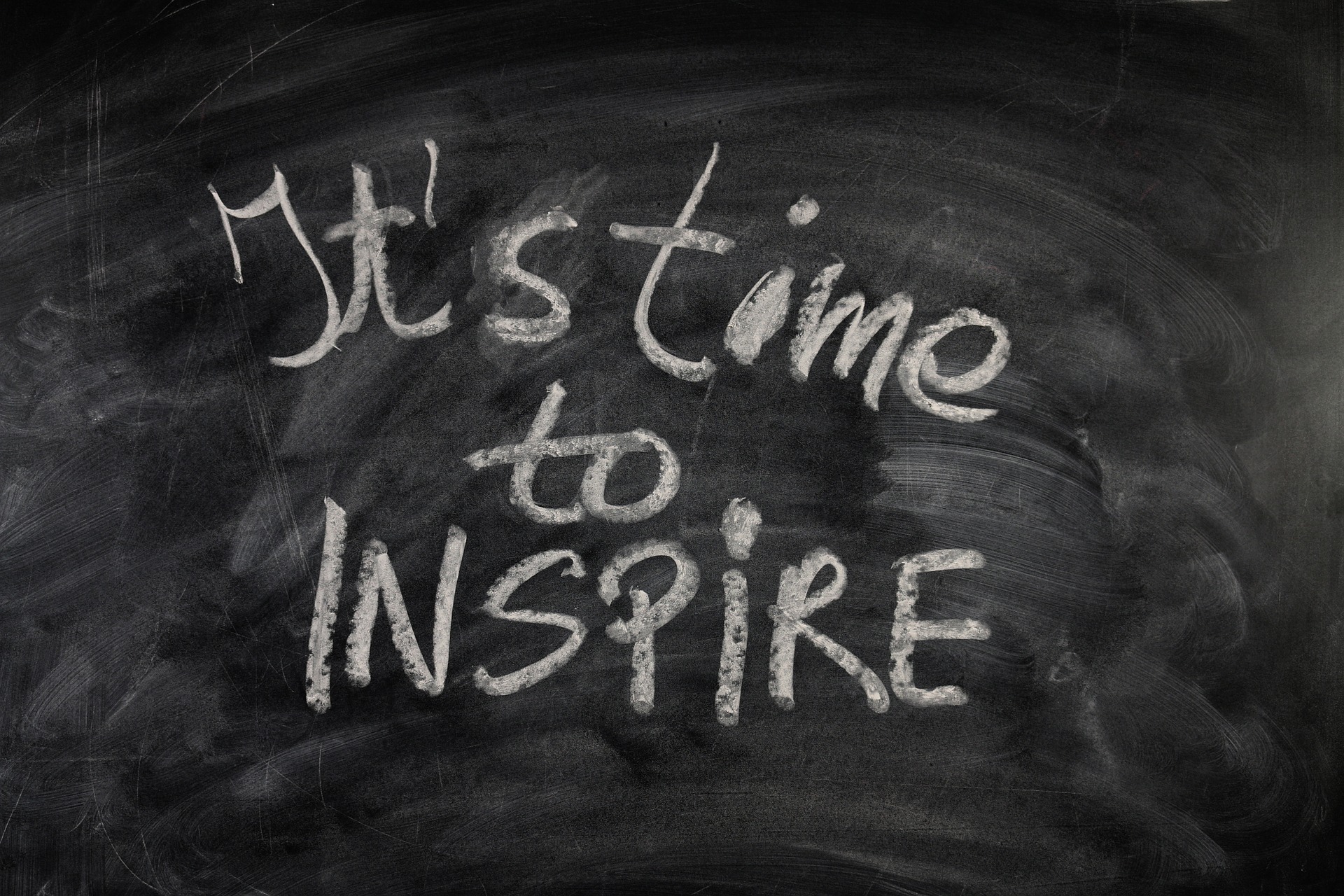Are you a new trainer? Does the idea of training a large group bring you out in a cold sweat? Is even picturing them naked just not helping to calm your nerves?
Well sweat no more and banish those nudes from your mind. There's a simple way to face groups and deal with the various challenges they may offer.
All it takes is an understanding of the dynamics of group development. Once you know how groups of people function and develop, it becomes simple to deal with them and simple to teach them.
We explore the subject of group development in depth on our Brighton-based Train the Trainer Course, which is the ideal course for those new to training looking to build their knowledge and confidence in the discipline.

So when facing groups in training, what you need to remember is that all groups will go through four stages of development. Here, I'll outline what those stages are and how best to deal with them from a trainer's perspective.
Andy Trainer
1 Nov 2013
At some point during a career in training you'll have to train somebody for whom English isn't a first language. In this situation, it can be difficult to stick to your established learning methods and activities.
On our 2-day Train the Trainer course, we explain in detail how to cater for different levels and learning styles, and teaching non-native English speakers comes under a similar bracket.

With all that in mind, we decided to put together a guide to help you deal with this challenge. So what's the first you can do to make things easier for you and your delegates?
Limit the Jargon
For someone who has just learnt, is still learning, or who rarely speaks English, technical jargon can be a bit of a stumbling block. Words that have little meaning without deep context can be confusing to native speakers, let alone those with English as a second language.
Andy Trainer
1 May 2013
What are the necessary skills to be a good trainer?

Train the Trainer
At Silicon Beach Training we provide a train the trainer course to teach you the skills you need to become a great trainer. However, if you think you already have what it takes - try this 10-point self-assessment!
Can you...
- Actively listen without interrupting?
- Be flexible and responsive?
- Sense the mood of the group and work with it?
- Challenge underlying tensions or hidden feelings and bring them to the surface?
- Provide an atmosphere conducive to learning?
- Maintain control and direction and steer the group in a positive way?
- Involve all members of the group both outgoing and shy?
- Validate what group members say, support and encourage them?
- Deal constructively with difficult or disruptive group members?
- Use questioning and probing techniques effectively?
These are just some of the more subtle aspects in which an effective trainer needs to be proficient.
REMEMBER- training is a skilled process, it can look easy but it isn't! Trying to facilitate a group in the same way as chairing a meeting will not have the desired result and can cause many more problems than it solves!
Listening
Active listening is the key skill for a trainer.
You probably already know this (but sometimes it helps to be reminded!): Listening is very different from hearing. When we hear, the information may flow through our ears without really registering in the brain.
Listening has at least three different stages: hearing, interpreting, and recalling.
- Hearing: the physical action of the sound on our ear
- Interpreting: interpreting the message from the words that we hear, the tone and inflection of the voice, as well as the person's facial expressions and body movements. We also make interpretations dependent upon our own experiences in life.
- Recalling: registering the message and recalling it later in the conversation.
Active listening involves all three of these processes and means you need to:
- Give your complete attention to the other person or people for a specific period of time
- Forget any preoccupations you may have
- Suspend your judgement about what they are saying
- Listen to the feeling behind the words and reflect it to the group using phrases like; "it sounds as if you are very angry about that, is that right?"
- Listen to the silence and what it means; is it a comfortable or an angry silence?
- Watch for any non-verbal clues from group members; they will help let you know when someone is disinterested, shy, anxious, domineering, bored, angry, or open etc
Andy Trainer
6 Apr 2007
Using questions in training is the most effective way to engage with your group and encourage participation.

Questions give you instant feedback on how well your sessions are going while keeping discussion moving forward.
There are a number of questioning techniques and each is useful for different purposes and situations. They are:
- General
- Pass On
- Question, Wait, Select
- Send Back
- Send Out
Before I go into each technique in more detail, I'm first going to run through why questions are important in good training sessions and what constitutes an excellent question.
We recommend that new and inexperienced trainers attend our 2-day Train the Trainer workshops. We will help you deliver more effective, engaging training sessions.
Andy Trainer
10 Jul 2014
|
Among all the other scandals of recent weeks came the revelation that Lloyds PPI complaints handlers were being trained to purposely reject valid claims. An audio recording of an in-company trainer was seized upon by The Times as evidence that the banking group had been engaging in less than ethical practices. The trainer told trainees to flat out deny or refuse claims, as most customers would give up trying to claim after an initial rejection. |
 |
Lloyds place the blame on the firm Deloitte who handled the whole program and another firm, Momenta, who was responsible for the hiring and training of the employees dealing with claims.
It shows that just as good training can have an immediate and lasting positive effect on businesses, bad training can have a severely negative one - something we emphasise on our Train the Trainer Course.
So how can businesses and individuals make sure they're getting the best possible training?
The Trainer's Responsibility
Much of the responsibility for quality training falls at the feet of the trainer; after all they're the ones delivering the training! Not only do they need to fully understand the needs of the client, they must find a way to communicate their message in an engaging and memorable way.
They also have a duty to not misinform. In the Lloyds case, it would appear that the trainer either gave false information to delegates or at the very least recommended methods that were in no way best practice.
Andy Trainer
14 Jun 2013
When finishing a course, it is imperative that you finish on a positive note. Not only will this instil greater confidence in your learners but will give you a boost with regard to being able to see the effectiveness of your training.
You want your learners to leave feeling energised, positive and full of ideas of how they are going to implement everything they have learned.
You can learn more about ending on a high note on ourTrain the Trainer Course.

This means you need to leave enough time at the end of the course to really pull everything together and commit everyone to saying what they are going to do next!
Mary
24 Dec 2012
Summer sun floods the warm room and dust motes dance in my blurring vision. The lunchtime ‘pie and a pint’ sit comfortably in my stomach and the final straw is the hypnotic buzzing noise encouraging my heavy eyelids to close and calling me to the comfort of the Land of Nod. Suddenly, sanity returns, my eyelids jerk open and my head snaps upright.
As I look around me, I see an almost universal appraisal of the lecturer in the form of drooping heads and, in at least two cases, total oblivion. And we all have an examination in this topic in just a few weeks!
The great shame of this all is that the guy at the front of the room is a world expert in his subject … but he’s the source of the buzzing. He’s written several renowned textbooks on the subject … we’re all well aware of this because it is almost a prerequisite of passing the course that every student buys them all. Surprisingly, this is not resented by my fellows because sitting for hours poring over the dry text is preferable to listening the esteemed professor reciting, almost word for word, what is on the page.

You could come and be entertained at Silicon Beach Training in Brighton on our Train the Trainer course, we practise what we preach.
John A G Smith
17 May 2016
In this post our trainer Shaun guides you through how to forge strong relationships with the different people you meet each day including, if you're a trainer, your delegates.
True communication requires a connection between people. When you want to build rapport with someone at work, at home, on a course, in a relationship, when trying to sell something or when trying to buy something, you should consider the following tips:
Learn all the skills you need to build rapport with your delegates on our Train the Trainer Course.
First Impressions
It may seem unfair that we are judged on our appearance but research indicates that people form a lasting impression of us within the first five minutes of meeting. Make sure you make a great first impression by dressing to impress, smiling and being assertive (which also leads to greater self-confidence!) and giving a firm handshake.

Finding Common Ground
Finding common ground or common interests is a good way to start a conversation. For example talk about work, sport or children and remember this common ground for future conversations. People will be much more open and trusting if they recognise a bond between you.
by Shaun
11 Jan 2013